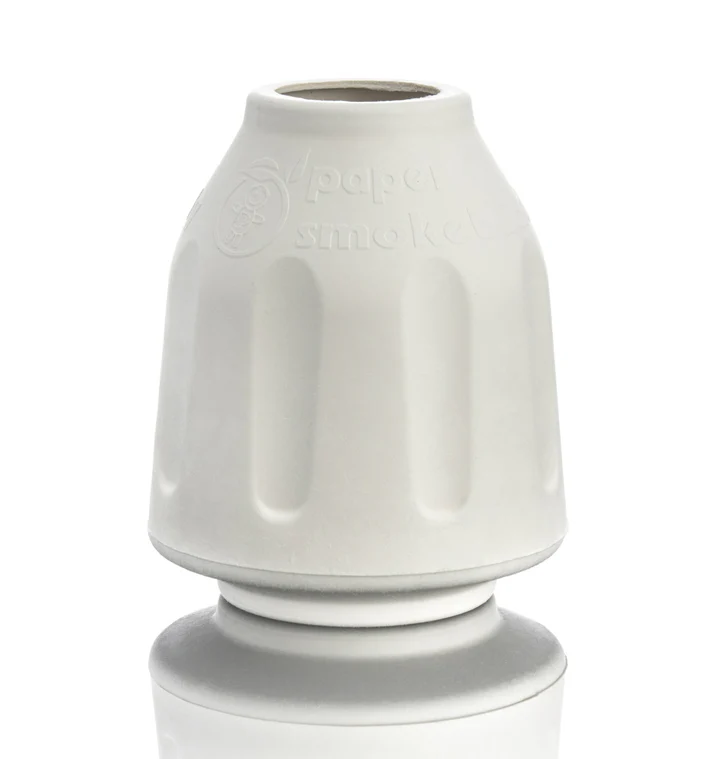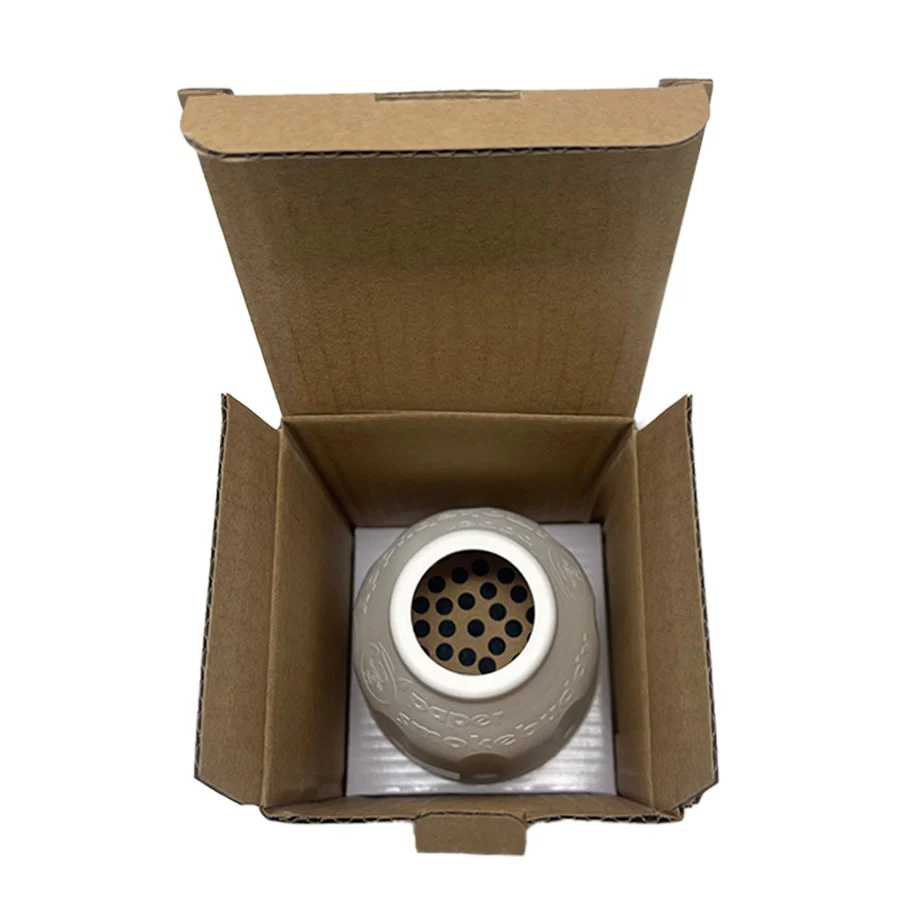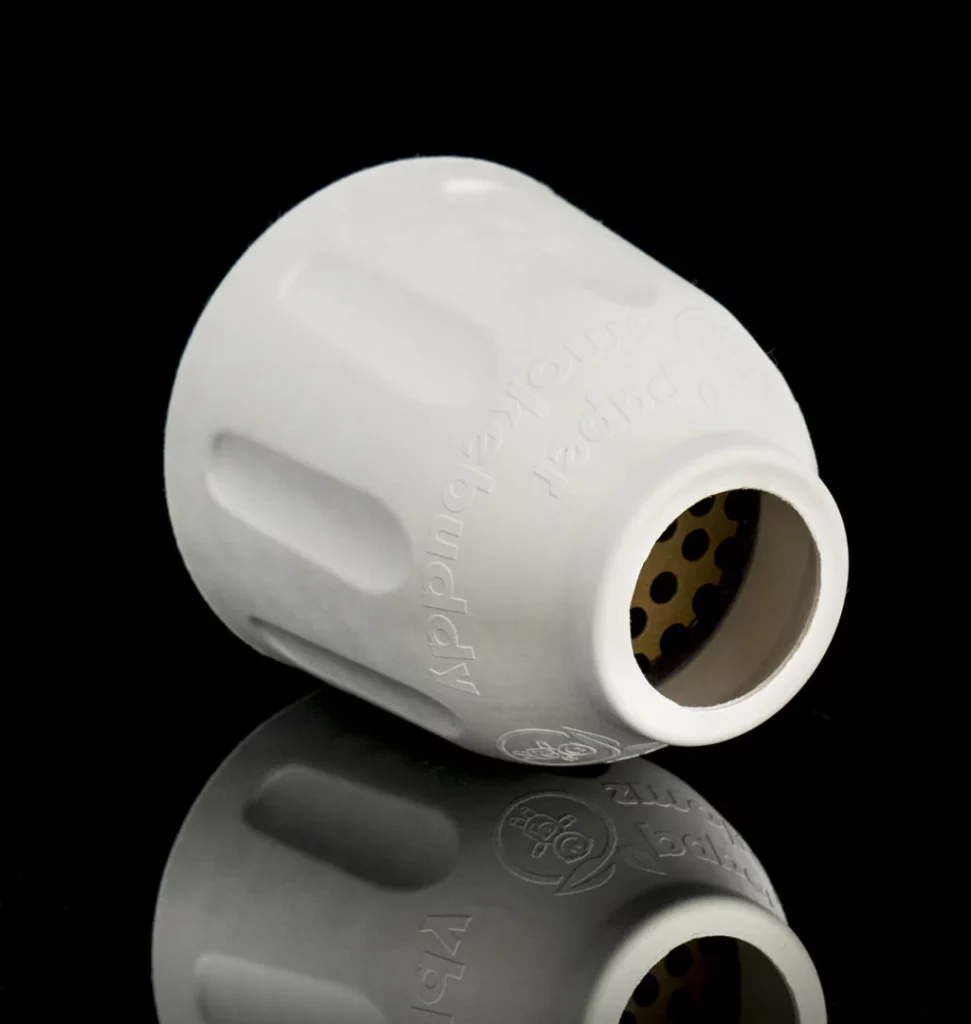Plant Based Air Filters vs Regular Air Filters: What's the Difference?

Table of Contents
- What Are Plant Based Air Filters?
- The Lowdown on Regular Air Filters
- Key Differences Between Plant Based and Regular Air Filters
- Why People Are Switching to Plant Based Air Filters
- The Verdict: Which One Should You Choose?
-
FAQs
- What’s the main difference between plant based air filters and regular air filters?
- Do plant based air filters really work for smoke?
- Are plant based air filters better for the environment?
- How long do plant based air filters last compared to regular ones?
- Can plant based air filters help with allergies?
Ever find yourself wondering what makes a plant based air filter vs regular air filter different?
You’ve probably heard the buzz about plant-based filters being the “green” alternative to the regular ones we’ve been using for years.
But are they really better? Do they actually do the job when it comes to filtering air, especially smoke and odors?
If you’re someone who cares about cleaner air, the planet, and making smarter choices, this article is going to break it all down for you.
Not to kill your buzz, but you gotta know. Smokebuddy is leading the way with high-quality plant-based filters. Wanna score one? Enter SLYNG23 for an instant 20% off.
What Are Plant Based Air Filters?

Alright, let’s start with the basics. Plant based air filters are exactly what they sound like: air filters made from plant materials. They’re like the cool, eco-friendly version of the standard filters we all know and use.
Think coconut shells, bamboo, hemp, and other natural fibers that work together to trap all the bad stuff floating around in the air.
The best part? They’re renewable, biodegradable, and often compostable, making them way less of a burden on the environment compared to traditional filters, which are made from synthetic materials and plastic.
The Lowdown on Regular Air Filters
Now, let’s talk about regular personal air filters.
These bad boys are typically made from synthetic materials like polyester, fiberglass, or other plastic-based fibers. They’re often coated with chemicals or treated with adhesives to help catch dust, smoke, and other particles.
While they get the job done, especially when it comes to trapping dust or pet dander, they’re far from perfect. A lot of these filters release microplastics into the air, are made from non-renewable resources, and take ages to break down.
Basically, they’re the kind of thing you’re stuck with until you throw them away, and then they’ll sit in a landfill for years.
Key Differences Between Plant Based and Regular Air Filters
Okay, so what’s the real difference when we’re talking plant based air filters vs regular air filters?
Let’s dive into it.
Environmental Impact: The Plant Based Advantage
Premium plant based air filters are seriously crushing it in the environmental department.
The materials they’re made from, like activated charcoal from coconut shells, bamboo, or hemp, are renewable, and they break down naturally. Regular air filters, on the other hand, are made with synthetic fibers and plastics that are neither renewable nor biodegradable.
That means after you toss them, they’ll just hang out in a landfill for decades, releasing toxins along the way.
So, if you’re looking to make a cleaner choice for the planet, plant based filters definitely take the win here.
Efficiency: Do Plant Based Filters Really Work?
At the end of the day, the most important thing is whether a filter actually works. And here’s the thing: plant based air filters are legit effective at trapping airborne particles, odors, and even smoke.
The natural fibers in plant based filters have a unique ability to catch particles without sacrificing airflow. Regular air filters? They’re often packed with synthetic fibers that can get clogged up pretty quickly, which means they’re less effective over time.
When you use a plant based air filter, you’re not just getting clean air, you’re getting air that smells better and feels fresher.
Odor Control: Bye Bye Smoke
For anyone who’s ever used an air filter after a smoke session, you know that not all filters are created equal.
Regular filters might help get rid of some smoke, but they don’t really do much to tackle that lingering smell. Plant based air filters? They shine here. Materials like activated charcoal from coconut shells are incredible at absorbing odors, including smoke.
So, if you’re trying to keep your place smelling fresh after a chill sesh or you just don’t want the scent of last night’s cooking lingering, a plant based air filter is your best bet.
It’s not just masking the odor. It’s trapping it and removing it.
Health Benefits: Cleaner Air, Cleaner Lungs
Now, let’s talk about the health benefits.
Regular air filters can do a decent job at filtering out dust, pollen, and other allergens, but a lot of them are made with chemicals that can release irritants into the air.
Not to mention, the plastic fibers can break down into microplastics, which aren’t exactly great for your lungs. Plant based air filters, however, are made with natural materials, which means no harsh chemicals and fewer toxins.
So if you’re someone who suffers from allergies or just wants to breathe cleaner, healthier air, plant-based filters are the clear winner here.
Why People Are Switching to Plant Based Air Filters

So, now that we know the key differences between plant based air filters vs regular air filters, why are so many people making the switch?
Let’s break it down.
1. Better for the Planet
It’s no secret that we need to make more sustainable choices.
High-quality plant based air filters are made from renewable resources and biodegrade naturally, meaning they’re a much better option for the environment compared to regular filters that are made from plastic and other non-renewable materials.
If you’re trying to reduce your carbon footprint, plant based filters are a simple yet impactful change you can make.
2. Better Air Quality
Whether you’re using it to filter out smoke, dust, or pollen, a plant based air filter is going to give you cleaner air. And let’s not forget, cleaner air means cleaner lungs.
If you’ve ever tried to filter out smoke with a regular filter and still felt like the smell was hanging around, you know the frustration.
Plant based filters take it to the next level by actually eliminating odors, not just masking them.
3. No Harmful Chemicals
Most regular filters contain chemicals that are not only bad for the environment, but also for your health.
With plant based air filters, you don’t have to worry about harsh chemicals.
They’re all-natural, which means better air for you and your loved ones.
4. Long-Term Sustainability
Plant based air filters don’t just benefit you in the moment. They’re also a more sustainable, long-term choice.
Regular filters need to be replaced frequently, and they don’t break down easily, which means you’re contributing to plastic waste with each new one you throw out.
Plant based filters? Not only are they biodegradable, but they’re often recyclable, so you can feel good about how they impact the environment when you’re done with them.
The Verdict: Which One Should You Choose?
At the end of the day, choosing between plant based air filters vs regular air filters really comes down to what matters most to you.
If you’re someone who values sustainability, cleaner air, and a more eco-conscious lifestyle, then plant based filters are the way to go.
They do a better job at trapping odors, provide cleaner air, and have less of a negative impact on the environment. Regular filters might still get the job done for some basic filtration tasks, but when it comes to truly making a difference, plant based is the future.
So, what are you waiting for? It’s time to make the switch. Your lungs, your environment, and your space will thank you.
FAQs
What’s the main difference between plant based air filters and regular air filters?
The primary difference lies in the materials used. Plant based air filters are made from renewable, biodegradable materials like coconut shell charcoal, hemp, and bamboo. These natural fibers trap airborne particles and odors effectively. Regular air filters, however, use synthetic materials like plastic, fiberglass, and polyester, which can be less effective over time and are not biodegradable.
Do plant based air filters really work for smoke?
Absolutely! Plant based air filters are actually fantastic at filtering out smoke and odors. Materials like activated charcoal from coconut shells are excellent at absorbing smoke, so if you’re using it after a sesh, you won’t be left with that lingering smell. Regular filters might help a little, but they don’t handle smoke as effectively or for as long.
Are plant based air filters better for the environment?
Yes, they definitely are. Plant based air filters are made from natural materials that break down over time, unlike regular filters that use plastic and synthetic fibers that take hundreds of years to decompose. If you’re aiming to reduce your carbon footprint, plant based filters are a much more sustainable choice.
How long do plant based air filters last compared to regular ones?
The lifespan of both types of filters depends on usage, but plant based filters tend to last as long, if not longer, than regular air filters. However, if you’re using it frequently for smoke filtration, you may need to replace it more often. The great thing about plant based air filters is that most of them are compostable or recyclable, so even when you replace them, they won’t contribute to landfill waste like regular filters.
Can plant based air filters help with allergies?
Yes! Plant based air filters are excellent for people with allergies because they trap pollen, dust, and other allergens without releasing harmful chemicals into the air. The natural fibers used in these filters are more breathable and less likely to irritate the air you’re breathing, making them a great option for anyone with sensitive airways.
